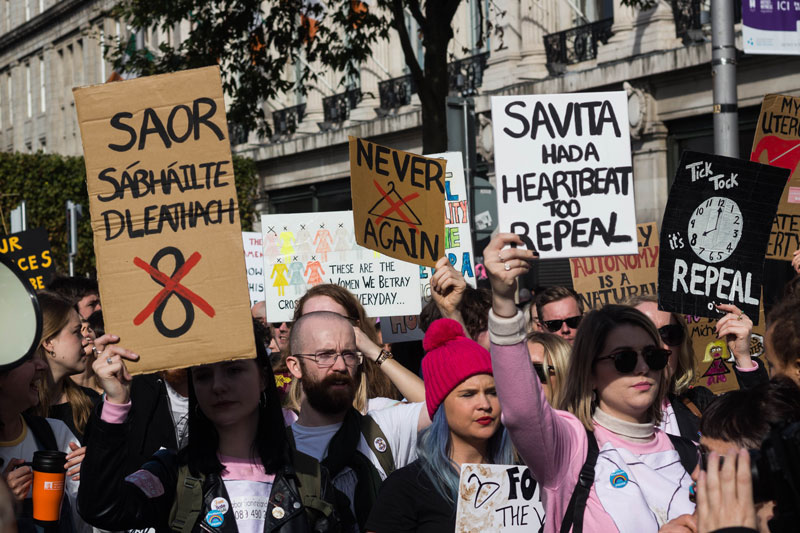We are, without a doubt, a revolutionary generation. One of the most crucial explanations for this is based upon something far more simple than you might imagine.
Akin to the American civil rights movements of the 1960s, during which momentous efforts were made to expand the liberties of people of colour, women, and other disadvantaged minorities, our generation is making waves in a continued fight for broader acceptance and freedom.
Underpinning this obvious desire to make the world a more equal place, there is one single abiding principle driving every effort to make circumstances better for less privileged members of society: empathy.
Empathy is not sympathy, that remote sense of pity you feel for someone else’s misfortune. Empathy is deeper. It is the ability to understand what another person is feeling, to truly feel their emotions as though they are your own. As such, empathy compels us to help in a way that sympathy does not.
Being “woke” is actually covert way of describing the empathy we’ve adopted in order to facilitate a more equitable culture. We learned that if we stand up for others who are not like us, they’ll stand up for us, too. It’s not enough anymore to petition for your own rights, your own representation, your own entitlements. As Martin Luther King Jr said, “no one is free until we are all free”. And it’s true. We’ve now woken up to that reality.
Men who stand beside women during marches for their rights, fearlessly adopting the sentiments of feminism, act upon empathy
We see the plight of a group who may not be representative of our own beliefs or background, but thanks to empathy, we help them. We are able to see that, though they may be different from us, they are people. With emotions as real and intense as our own.
The struggle for environmental welfare is born out of empathy for the children who will inhabit this planet long after we are gone. Perhaps our own lives will not be directly touched by global warming, but theirs will, so we act out of empathy in order to ensure they do not suffer. We feel empathy for the very earth itself, for the soil that sustains us.
Students in Trinity making movements to boycott Israel do so out of empathy for Palestinian people. The issue does not directly influence most of their lives here, yet they do what they can out of a common sense of humanity, a vicarious ache for those who suffer.
Men who stand beside women during marches for their rights, fearlessly adopting the sentiments of feminism, act upon empathy. They do not share women’s plight, but they share in their pain, and that is enough. And women themselves who march do so out of empathy for their sisters, for intersectional feminism, for women of every colour, shape, and creed. Empathy comes from within, too.
People make out as though the solutions to all of our problems are not simple, that they cannot be worked through without violence or hard-hitting actions, and the root cause becomes so convoluted and deep that the answers must become convoluted and deep, too.
It is the ability to understand what another person is feeling, to truly feel their emotions as though they are your own
But there is a simple solution, when you cut through all the muck and the hatred and the discrimination and the inequity.
It is as easy as each individual choosing to implement a bit of empathy. Practise it everyday, be easier on those around you, try to understand rather than react. This is what many of those among our generation are learning to do on a grand scale, never settling, never ceasing to ask why, never contenting themselves with their own privilege alone.
After all, no one is free until we are all free.







